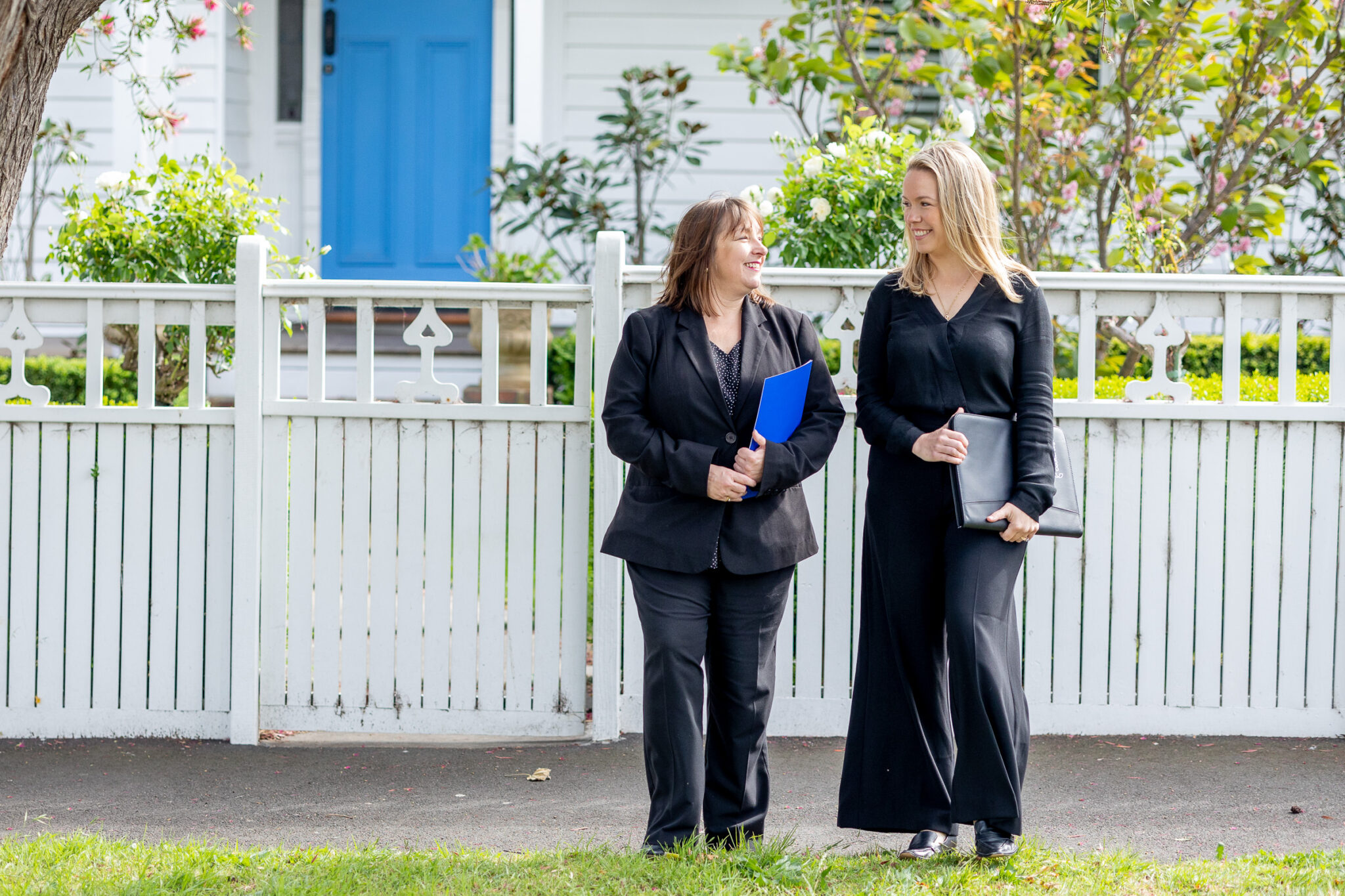In the recent case of University of Melbourne v Commission of State Revenue [2021] VSC 156, the Supreme Court of Victoria considered whether land that was owned by the University of Melbourne (a registered charity) was exempt from land tax on the basis that it was land “owned by a charitable organisation and used exclusively for charitable purposes”. The land was owned by the University and leased to a secondary (non-charitable) organisation for the purposes of construction and operation of a student accommodation facility. The State Revenue Office of Victoria had denied an application by the University seeking an exemption from land tax pursuant to section 74 of the Land Tax Act 2005 (Vic) (the Act).
The case highlights the importance of careful consideration of the wording of the relevant land tax exemptions and the need for taxpayers to carefully review their land tax assessment notices each year and to seek legal advice either if they feel they are being incorrectly assessed or wish to apply for an exemption or concession.
When does the land tax exemption at section 74 apply?
Section 74(1) of the Act provides that a property is exempt from land tax if it is:
(a) Owned by a charitable organisation and used exclusively for charitable purposes;
(b) Used, but not owned, by a charitable organisation exclusively for charitable purposes; or
(c) Vacant and owned by a charitable organisation, and is declared to be held for future charitable use.
Except for vacant land, where only part of the land is used exclusively for charitable purposes, only that portion is exempt.
A ‘charitable organisation’ is one that:
1. has a predominant purpose of relief of poverty, advancement of education, advancement of religion or another purpose which is beneficial to the community;
2. is not for profit; and
3. is for the public benefit.
The Decision
At issue in University of Melbourne v Commission of State Revenue was whether the land owned by the University but utilised and operated by the third party for student accommodation was land “owned by a charitable organisation and used exclusively for charitable purposes” (and thus fell within the exemption under s 74(1)(a)).
The Supreme Court of Victoria was asked to respond to two questions, namely:
1. What is the proper interpretation of the word “used”; and
2. Whether the word “exclusively” governs the use of the land or whether it relates to the purposes of the charity.
The Court held that an analysis of section 74(1)(a) in light of case law, the legislative history of the Act and the surrounding exemption provisions led to a finding that the terms “use” and “exclusivity” had a wider meaning than contended by the Commissioner. In this respect, the Court determined that:
1. “Use” does not require active physical use consistent with occupation by the charity; and
2. “Exclusively” is linked to the purposes of the charity and does not mandate that the use of the land must be by the charity alone for section 74 to apply, provided that the land use is exclusively for the charity’s purposes and not for another purpose.
On this basis the Court held that the requirement of s 74(1)(a) were met as the use of the land as student accommodation by the third party met the University’s purpose of advancing education.
How can Coulter Legal assist?
The outcome of this case and the expanded scope of the land tax exemption under section 74 of the Act is good news for charities, particularly those who lease land to third parties where the use of that land advances the charity’s purposes.
If you are a charity, upon receiving your land tax assessment notice in early 2022, you should check to determine your current land tax liabilities (if any) and consider whether the outcome of the case may be applicable to your circumstances.
It is important to note that charities are not the only taxpayers who can obtain exemptions from land tax. Individuals, trustees and organisations should all take the time to carefully review their land tax assessment upon receipt each year. The SRO ordinarily send out assessment notices in the first three (3) months of the year and taxpayers have 60 days from receipt of the assessment notice to object to the notice or to advise the SRO of any errors on the notice.
If you have notice a significant error on your assessment notice, think the notice is in the name of an incorrect entity, are concerned that land tax has been incorrectly assessed or want to confirm there are no exemptions or concessions available, we recommend you seek legal advice. Our firm can assist you to address any of these queries, and if required make an objection to the SRO.













